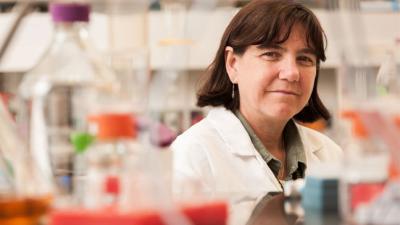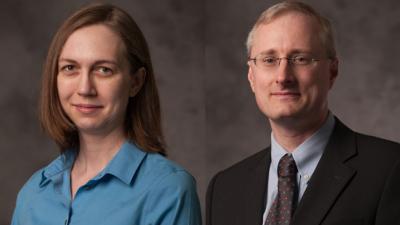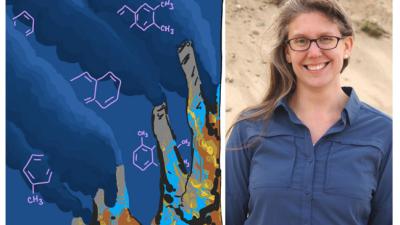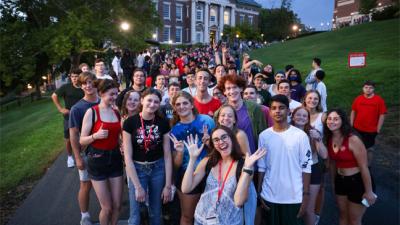Rensselaer Researcher To Follow the Trail of Misinformation
On 9/11, lawmakers from both parties unified in their response. Just over 20 years later, Congress is distinctly partisan, clashing on everything from the January 6 insurrection to COVID to climate change. Why? Many blame widespread and widely believed misinformation and disinformation.









